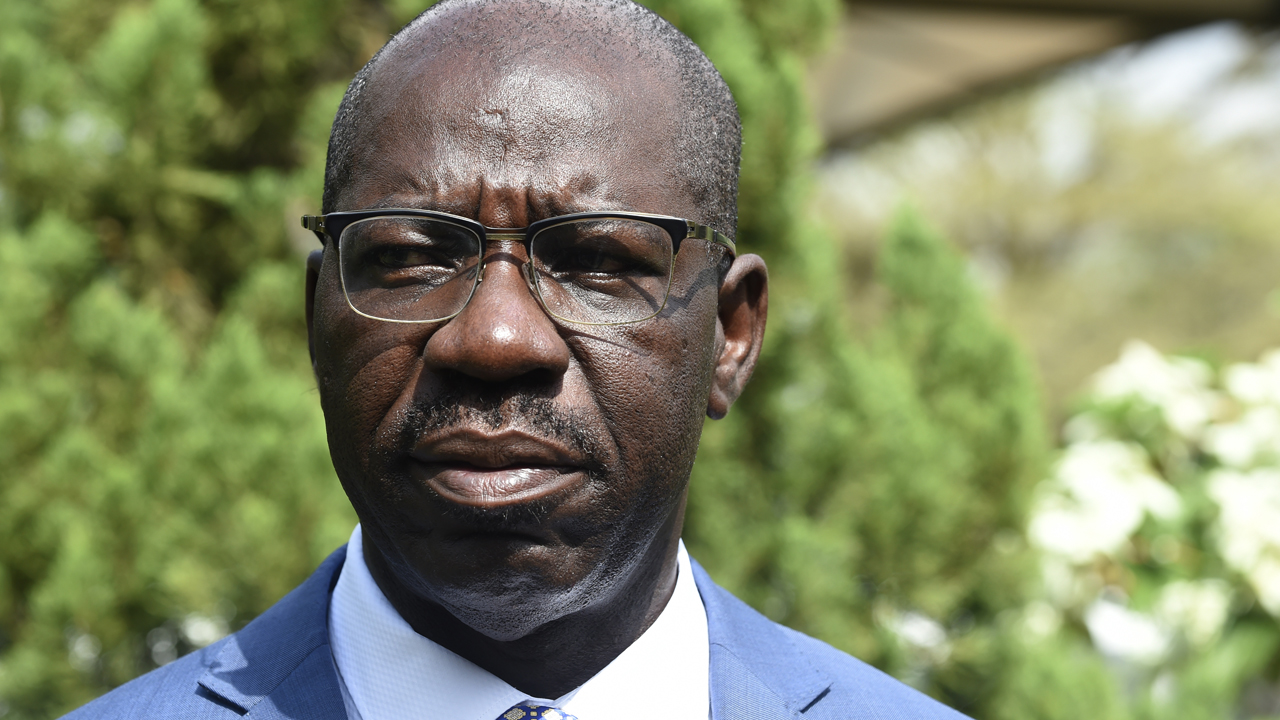
However, the House rejected the proposal for independent candidature in elections and related matters (Section 7,65,106,131,177 and 228) as well as the Bill for an Act to provide for the procedure for passing a constitution alteration Bill where the President withholds assent.
The Assembly at a plenary presided by the Speaker; Michael Adeyemo approved ten others, stepped down two and rejected two of the provisions in the proposed amendment of the 1999 Constitution.
The House specifically stepped down the debate on the local government autonomy bill (Section 7,318 and Part 1 of the 5th Schedule) as well as the proposal to abrogate the State Joint Local Government Account and empower local council to maintain its own special account and make provisions for savings in the federation accounts before distributions to other levels of government and related matters.
Meanwhile, the Edo State House Assembly rejected autonomy for local government while it upheld autonomy for Houses of Assembly and the judiciary.
At the sitting, which was presided over by the Speaker, Kabiru Adjoto, sections 2, 4, 8, 9, 15, 16, 21, 22, 27 and 28 were accepted while sections 5, 6, 14, 20 and 24 were rejected. Though the details of the sections were not made explicit.
Justifying the decision to step down and stop debate on the matters, the Oyo State Speaker explained that the House in the interest of the numerous interests tied to the provision decided not to vote on the matters to have time to facilitate a public hearing to accommodate shades of opinion that will guide the lawmakers on the appropriate decision.
He noted that it is imperative not to continue the debate and vote on the local government issues as the workers union under the aegis of Nigerian Union of Teachers (NUT) and the Nigerian Union of Local Government Employees (NULGE) have not agreed on the issue.
[vvideo code=”5STMA8U2″ autoplay=”yes”]
Apparently shocked at the decision of the Assembly to step down a decision on the alterations, hundreds of members of NULGE who had stormed the House of Assembly complex to witness the proceedings left the legislative chambers after the ruling of the Speaker.
Speaking on the development, President, NULGE, Oyo State, Mr. Bayo Titilola-Sodo said, “We have met with the Assembly many times and the House promised public hearings on the issue but we heard from the grapevine that there will be a decision last Tuesday. But that decision was put on hold for a public hearing and we shall wait for the date of the public hearing to state our case on behalf of the Nigerian people.
“We came purposely because of the alteration that concerns the local government system in Nigeria and since a decision has been taken, we decided to leave the Assembly immediately to allow them to continue with the rest of their business in peace.”
On the positive side, the lawmakers approved the reduction in the period within which the President or the governor of a state may authorise the withdrawal of monies from the Consolidated Revenue Fund in the absence of an Appropriation Act from six months to three months and for related matters (Section 82 and 122).
Others provisions which got ‘aye’ vote in the fourth alteration of the constitution are: funding of the states Houses of Assembly directly from the Consolidated Revenue Fund of the State (section 121), provision of immunity for members of the legislatures in respect of spoken or written words at plenary sessions or committee proceedings and institutionalising legislative bureaucracy in the constitution and for related matters (section 4, 51,67,68,93 and 109); provision of sufficient time for the INEC with sufficient time to conduct bye-elections and provide grounds for de-registration of political parties (section 134,179 and 225A).
It was gathered that majority of the lawmakers in Edo wanted autonomy for local government, judiciary and others as requested by the National Assembly especially after 32 states have endorsed the amendment as presented by the National Assembly, they were pressured by the leadership of the All Progressives Congress (APC) in the state to reject the proposal.
Adjoto was said to have held marathon meetings Tuesday with governor Godwin Obaseki, his deputy, Comrade Philip Shaibu, the state chairman of the party, Anslem Ojezua and other leaders, where he made futile effort to push the bill through.
The Speaker and the delegation were said to have left the meeting in disappointment particularly after stressing the point that: ¨whether they (Edo Assembly) back the proposed amendment or not, majority of the states have already backed autonomy for the judiciary and state Houses of Assembly therefore it will be an embarrassment if Edo is not counted in this history making bill¨.
Shortly after the House passed the bill rejecting autonomy the clerk of the House was directed to communicate their decision to the clerk of the National Assembly for their record.
[ad unit=2]



